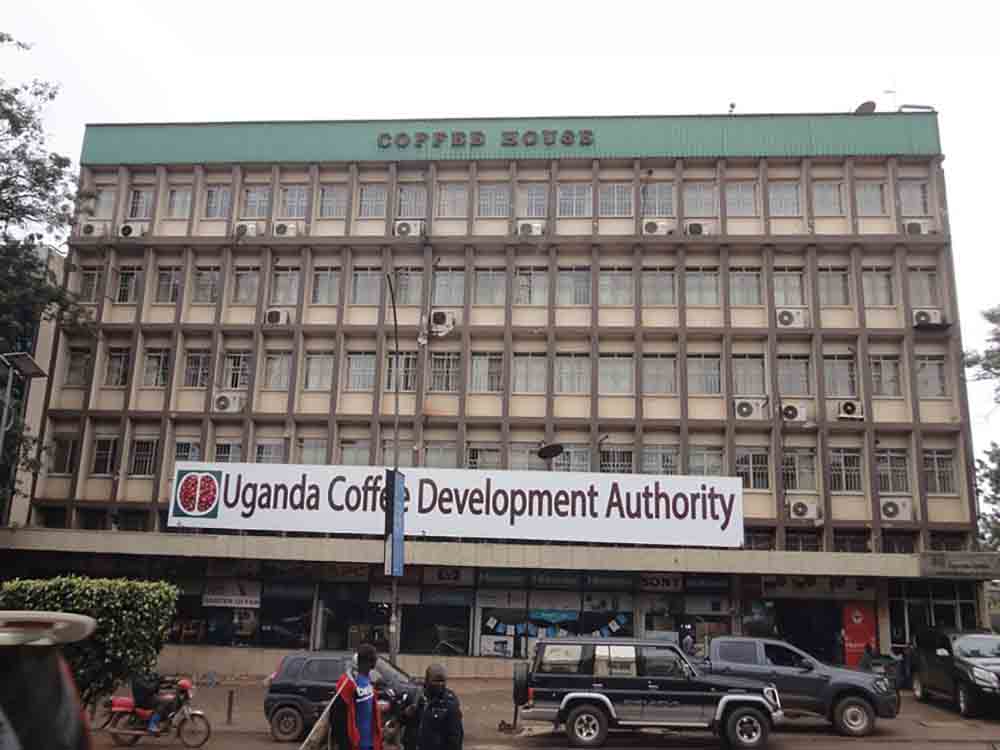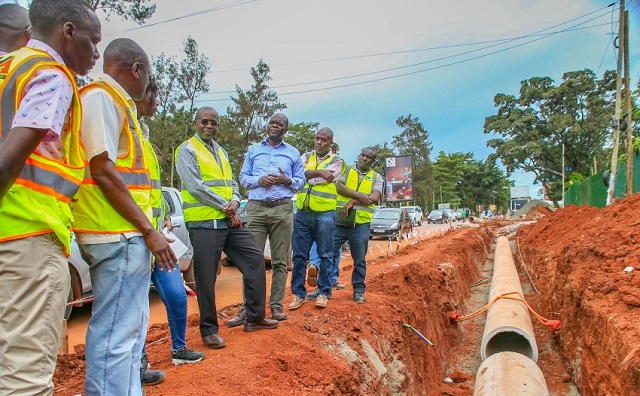(Kampala) – President Yoweri Museveni delivered a statement on October 27, 2024, addressing concerns regarding the rationalization of the Uganda Coffee Development Authority (UCDA) and other government agencies.
In his address, Museveni referenced a quote from the Church of Uganda Prayer Book, highlighting the importance of accountability and truth in government actions. He criticized ongoing misinformation surrounding the rationalization policy, which he described as necessary to improve the efficiency of certain government agencies that he deemed ineffective.
Museveni explained that many of these agencies were established during challenging economic times when public servants received low salaries. He indicated that to attract qualified personnel, it was agreed that some government efforts would be conducted outside traditional departmental structures, leading to the creation of agencies such as the Uganda National Roads Authority (UNRA) in 2008 and the Uganda Coffee Development Authority (UCDA) in 1991.
Despite these efforts, Museveni pointed out that many of these agencies have failed to meet the government’s objectives, particularly in promoting economic transformation. He noted that as of 2013, 68% of Ugandan households were still outside the money economy. This led to the initiation of Operation Wealth Creation (OWC), which aimed to distribute coffee seedlings and other agricultural materials directly to farmers.
The president cited specific successes of OWC, mentioning that in the Masaka region, over a million coffee seedlings were distributed, resulting in the planting of more than 38,000 acres of coffee. He asserted that OWC’s achievements surpassed those of UCDA and the National Agricultural Advisory Services (NAADS), emphasizing that the households involved in the money economy have now increased to 67%.
However, Museveni acknowledged that OWC has faced criticism for alleged favoritism and poor quality materials. These issues, he argued, were previously prevalent during the periods when UCDA and NAADS were the primary actors in agricultural support. In response to these challenges, the government introduced the Parish Development Model (PDM), encouraging communities to organize and utilize government funds to purchase their own agricultural inputs.
Museveni claimed that PDM has been successful where implemented effectively, providing low-interest loans to farmers. He refuted claims from agencies like NAADS and UCDA that their absence would negatively impact agricultural production, asserting that local actors have played a more significant role in driving agricultural growth.
The president also highlighted historical contributions to Uganda’s dairy industry, attributing the increase in milk production from 200 million liters per year in the 1960s to 5.3 billion liters today to his efforts and those of other dedicated individuals. He criticized claims from the Dairy Development Authority (DDA) that production would suffer without their oversight, emphasizing that the government has played a central role in reviving and expanding dairy farming across the country.
Museveni praised the efforts of government scientists and research centers in developing improved seeds and breeding stock, arguing that these advancements have been crucial for agricultural productivity. He stressed that cash and food crops are now seen as part of a broader agricultural production spectrum, moving away from the colonial mentality that categorized many products as mere subsistence.




















